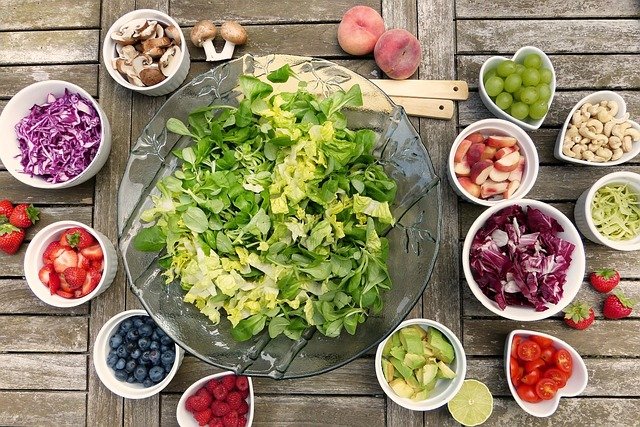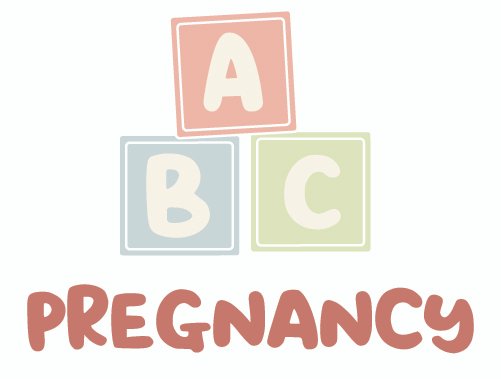This is not medical advice. Please consult a physician about any of your pregnancy questions and concerns.
During pregnancy, maintaining a nutritious diet is crucial for supporting the health and development of both the mother and the growing baby. A well-balanced pregnancy diet provides essential nutrients, vitamins, and minerals necessary for fetal growth, maternal health, and overall well-being. In this article, we’ll explore the key components of a healthy pregnancy diet, foods to include, foods to avoid, and practical tips for eating well during pregnancy.

1. Focus on Nutrient-Dense Foods:
Aim to consume a variety of nutrient-dense foods that provide essential nutrients for pregnancy, including:
- Fruits and Vegetables: Incorporate a colorful array of fruits and vegetables into your diet to ensure a wide range of vitamins, minerals, and antioxidants. Aim for at least 5 servings per day, choosing a variety of colors and types.
- Whole Grains: Choose whole grains such as brown rice, quinoa, oats, and whole wheat bread to provide fiber, B vitamins, and essential minerals.
- Lean Proteins: Include lean sources of protein such as poultry, fish, tofu, legumes, and nuts to support fetal growth and development.
- Dairy Products: Consume dairy products such as milk, yogurt, and cheese to ensure an adequate intake of calcium and protein. Opt for low-fat or non-fat varieties to reduce saturated fat intake.
2. Ensure Sufficient Protein Intake:
Protein is essential for the development of the baby’s tissues and organs and helps support maternal tissue growth and repair. Aim to include protein-rich foods at each meal and snack, such as lean meats, poultry, fish, eggs, dairy products, legumes, and tofu.
3. Incorporate Healthy Fats:
Healthy fats, such as omega-3 fatty acids, are important for fetal brain development and maternal health. Include sources of healthy fats in your diet, such as fatty fish (salmon, mackerel, sardines), avocados, nuts, seeds, and olive oil.
4. Stay Hydrated:
Drinking an adequate amount of fluids is essential during pregnancy to support hydration, digestion, and overall health. Aim to drink at least 8-10 cups of water per day, and consume additional fluids from sources such as herbal teas, fruit-infused water, and milk.
5. Limit Processed and Sugary Foods:
While it’s important to indulge in cravings occasionally, try to limit the consumption of processed foods, sugary snacks, and sugary beverages during pregnancy. These foods provide empty calories and can contribute to excessive weight gain and gestational diabetes.
6. Be Mindful of Food Safety:
During pregnancy, it’s essential to practice food safety to reduce the risk of foodborne illnesses. Avoid consuming raw or undercooked meats, seafood, eggs, and unpasteurized dairy products. Wash fruits and vegetables thoroughly, and practice proper food storage and handling techniques.
7. Monitor Caffeine Intake:
While moderate caffeine consumption is generally considered safe during pregnancy, it’s essential to monitor intake and limit consumption to no more than 200-300 milligrams per day (equivalent to about 1-2 cups of coffee). Be mindful of hidden sources of caffeine in foods and beverages such as chocolate and certain teas.
8. Listen to Your Body:
Pay attention to your body’s hunger and fullness cues during pregnancy. Eat when you’re hungry and stop when you’re satisfied, focusing on nutrient-dense foods that provide sustained energy and nourishment.
Conclusion:
A healthy pregnancy diet is essential for supporting the health and well-being of both the mother and the growing baby. By focusing on nutrient-dense foods, ensuring sufficient protein and healthy fats, staying hydrated, and practicing food safety, expectant mothers can provide the best possible start for their little one’s life. Embrace the opportunity to nourish your body and nurture your baby throughout this miraculous journey, knowing that you’re laying the foundation for a lifetime of health and well-being.
